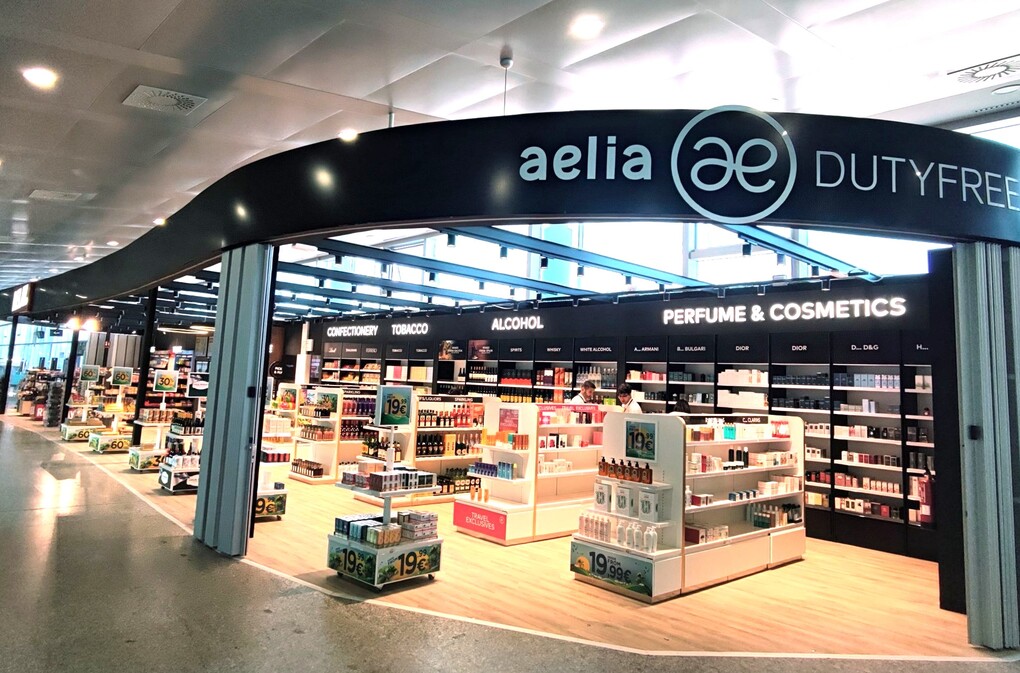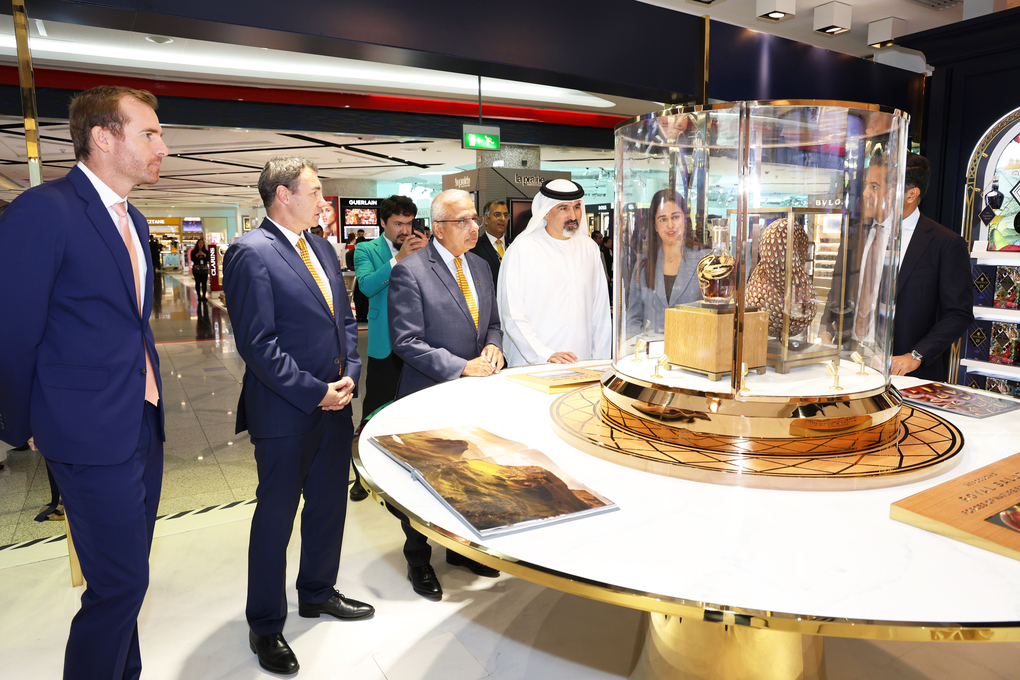
This article was originally published by the much-respected JING DAILY*, a Moodie Davitt Report content partner.
CHINA. To date, the full impact of the coronavirus on the Chinese community remains unknown. Currently, there are over 42,000 reported cases in China. Over 1,000 individuals have died. The virus’s death toll has surpassed that of comparable disease SARS and the effect on daily life in China has been great. Members of our own team have been unable to leave their homes for over two weeks now.
The long-term impact on luxury also remains unclear. The industry, however, is already facing serious consequences. Capri Holdings has projected a potential $100 million loss due to the crisis. Shanghai Fashion Week, originally scheduled for March, has been postponed. Many luxury brands have also drastically altered their store hours, if not simply shuttered their doors until the crisis settles. The fate of supply chain, logistics, and shipping all too are in question.
“Now is the moment for the luxury industry to closely examine how it operates in China. A hands off, macro approach to the market no longer cuts it” — Jing Daily Editor-in-Chief Enrique Menendez
But at a time like this, the state of luxury seems trivial. China has an approximate population of 1.4 billion people. Of these, about 50 million (3%) are affluent. To focus exclusively on the role of luxury right now, when even an entry-level luxury product is out of reach for most of the population, feels out of touch.
While the majority of China’s population in fact cannot afford luxury, hundreds of millions of people do participate as content consumers through digital channels. In this way, luxury could claim a role of distraction and entertainment. After all, luxury has built its value proposition on a foundation of beauty and fantasy.
The Jing Daily team does not hold this stance. We face the reality that at its core the current state of luxury is a business. Any claim to beauty, fantasy, and creativity is more often than not a tool in a well-oiled machine designed to move product.

While luxury may play a role in inspiring the Chinese community during the outbreak, this will not alter the virus’s trajectory. Companies including Kering, LMVH, Hermès, L’Oréal and Estée Lauder have all pledged monetary donations to combat the virus. Beyond this, we understand that luxury’s true ability to help is limited.
The current climate does, however, provide an opportunity for luxury to face inward and adopt a heightened level of attention to the Chinese community: both the small percentage who can afford luxury and the hundreds of millions who are only observers. If industry executives are hesitant to care for this greater demographic, they may ask themselves who the millions of netizens were that tore down Versace and Dolce & Gabbana.
Indeed, the power dynamic in the industry has shifted. Luxury has traditionally derived its influence from the distinction it creates between those who can afford luxury and those who cannot. Now, the transparency derived from digital platforms has disrupted this model. Social media has empowered the consumer to determine what’s in and out — not just the physical luxury consumer, but also the digital consumer who can sway public opinion of a brand without directly purchasing from it. This dynamic is especially clear in China, where netizens are particularly vocal when it comes to evaluating brands.
“If industry executives are hesitant to care for this greater demographic, they may ask themselves who the millions of netizens were that tore down Versace and Dolce & Gabbana” — Jing Daily Editor-in-Chief Enrique Menendez
The full implications of this recent shift in power, too, remain unclear. What is certain, though, is that the entire luxury industry requires a change in its own thinking. And not just the designers and core innovators who are inherently inspired by creativity, but the business leaders who set the tone for operations.
This necessary change goes further than superficial efforts to understand the market. The importance of putting individuals who come from the community in positions of power should go without saying. But beyond this, without a deep cultural perspective instilled at every operational level and a registered history of relating to the consumer, brand attempts to navigate any crisis will fall flat.
Now is the moment for the luxury industry to closely examine how it operates in China. A hands off, macro approach to the market no longer cuts it. Industry leaders who do not take time to intimately understand the singularity of the market and its consumers will not be capable of adapting quickly enough to the community’s exponential growth. Our call for a focus on individuality is not for the sake of it, but because this approach is necessary for decision makers to keep their businesses afloat, regardless of any market uncertainty.
In face of the outbreak, Jing Daily encourages the luxury and larger fashion industry to look to China with more care than ever before. As an industry, we must stop viewing China as “The Chinese” and instead make a real effort to understand the leaders, employees, and consumers who form the Chinese luxury community.
Enrique Menendez, Jing Daily Editor-in-Chief
More on the coronavirus crisis As the coronavirus crisis continues, questions on the possible length, severity and impact of the outbreak remain. The Moodie Davitt eZine, attempts to answer some of the key questions in a series of articles covering reaction and responses from across the travel retail industry and beyond. Also featuring its usual array of columns, analysis and insights, the latest issue of The Moodie Davitt eZine can be read here |












